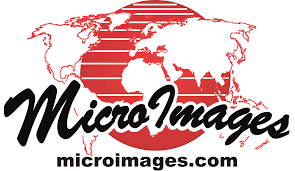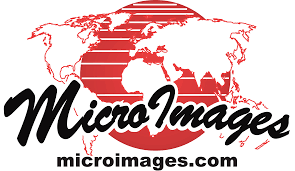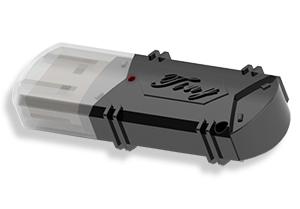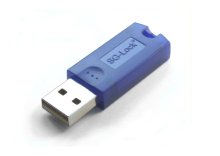
TNTmips Test With Sentinel HL Dongle
TNTmips Sentinel Complete geospatial software solution
The TNTmips software is a complete geographic information system (GIS) that allows you to work with almost any type of geospatial data, including image, terrain, and map data with associated database attributes.
It provides all the tools you need to view, create, edit, georeference, interpret and publish all types of geospatial data. Tntmips offers professional geospatial tools in one package at an affordable price without expensive add-ons.
The TNTmips Sentinel TNTatlas
software is a reliable free spatial data viewer that allows you to publish and distribute your maps and spatial data – from a single spatial data file to complex map layouts created with TNTmips.
TNTatlas lets you view massive geospatial data and instantly view a variety of file formats including Shapefiles, GeoTIFF, JP2, PNG, MrSID, DXF, and DWG.
The TNTedit
the software offers professional interactive tools for creating, editing, and georeferencing all types of geospatial data (vector, CAD, form, raster, or TIN), including related data in many files and geospatial database formats. You can use all types of geospatial data as a visual reference when editing, including map and image baselines in Bing Maps and MapQuest, as well as other public web layers.
Custom workflow control scripts can invoke TNT scripts as needed and provide the SML script names and required script parameters. The data obtained from these processing scripts can then be passed on to the next step in the entire workflow.
Professional X Server for Windows
MicroImages develops MI / X as an X server for its TNTgis software. MI / X lets you use your computer as an X terminal in a networked environment as an X terminal emulator. Make your computer a real X server and run multiple X clients from your desktop. TNTmips Sentinel
The powerful
display function of the TNTgis software offers you many options for exploring and visualizing your geodata. TNTmips, TNTedit, and TNTatlas allow you to view images, map data, and terrain data in almost any format, including dozens of file types in their native formats. You can overlay a number of geospatial layers of different types, open multiple geolocation views, and even add terrain data to create 3D perspective and stereoscopic imagery.
The hyperspectral analysis
the process at TNTmips provides the specialized tools needed to take full advantage of the spectral range and resolution of your hyperspectral image. Motion reflection calibration and a built-in spectrum library make this process easy to use, but it also includes powerful tools for data reduction, spectral search, and spectral mapping. You can extract and archive spectra from your images and import your own field or laboratory reflectance spectrum. Your hyperspectral image can be imported or converted into a compressed hyperspectral object for efficient storage, use, and processing.



